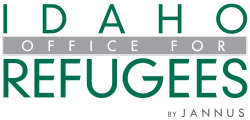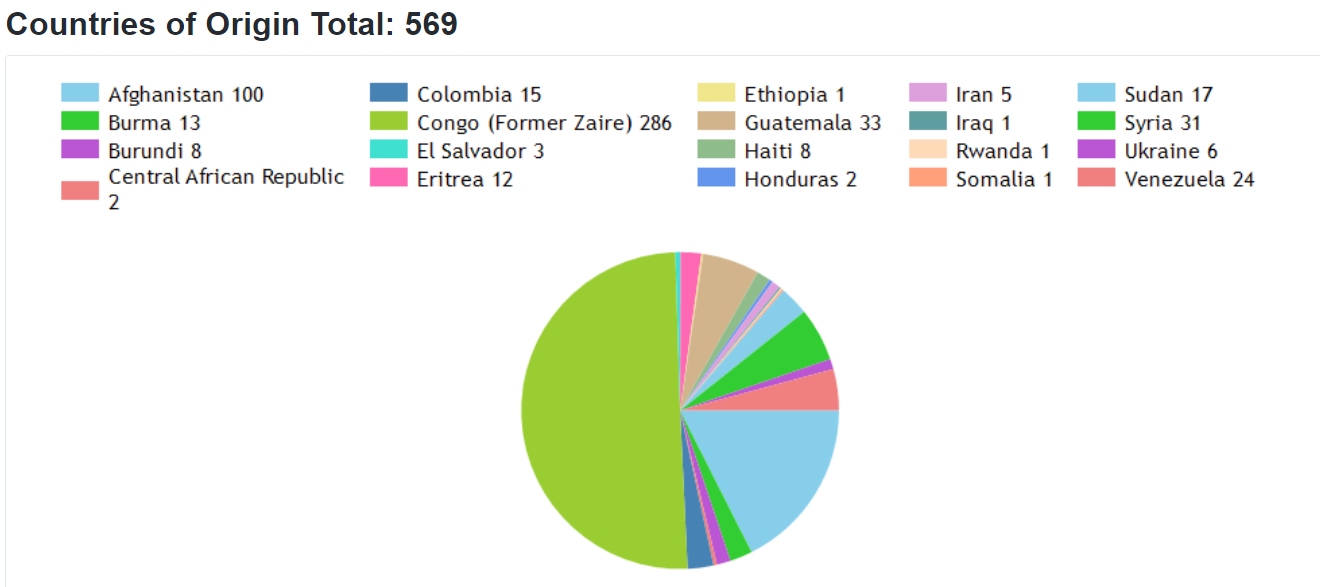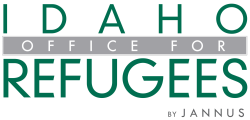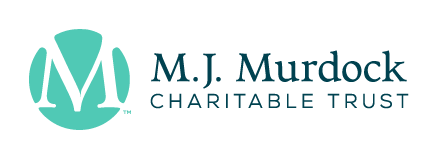|
Refugee resettlement and asylum are vital programs because of their humanitarian impact, but beyond that, they also have economic benefits. A new federal report shows that from 2005 to 2019, refugees and asylees in the U.S. contributed $124 billion more in tax revenue than they cost in expenditures to the government. Find the full report from the U.S. Department of Health & Human Services. In Idaho, members of the refugee community help fill gaps in the workforce. From October 2022 to February 2024, 230 Idaho employers hired 465 people arriving through the refugee resettlement program. Salam Bunyan (pictured above) is a former refugee himself and runs a restaurant, Tarbush Kitchen, that employs other former refugees and community members.
Salam had a decade of experience as a chef when his family resettled in Idaho in 2008 due to persecution in their home country of Iraq. “You have this chance for a new life, a new future for your kids,” Salam said. “Just do what you did before – use what you have until you find your target.”
0 Comments
We’re excited to welcome spring and are halfway through the fiscal year. Refugee arrivals are on track with our expected total of 1,050 for the year. From Oct. 1, 2023, to March 18, 2024, resettlement agencies in Boise and Twin falls welcomed a total of 569 people. As with recent years, most arrivals are originally from the Democratic Republic of Congo. This graph does not reflect the 65 people who have arrived from Ukraine since Oct. 1 and are being served by the Ukrainian Welcome Center in Nampa.
As of Oct. 1, 2023, most Ukrainians arriving through the humanitarian parole program are no longer eligible for federal resettlement benefits, and community support has been vital in welcoming and equipping them. Donate toward those efforts here. |
Archives
June 2024
Author: Holly BeechIdaho Office for Refugees Communications Manager Thank you to the generous organizations who
support our outreach: |
Idaho Office for refugees |
|






